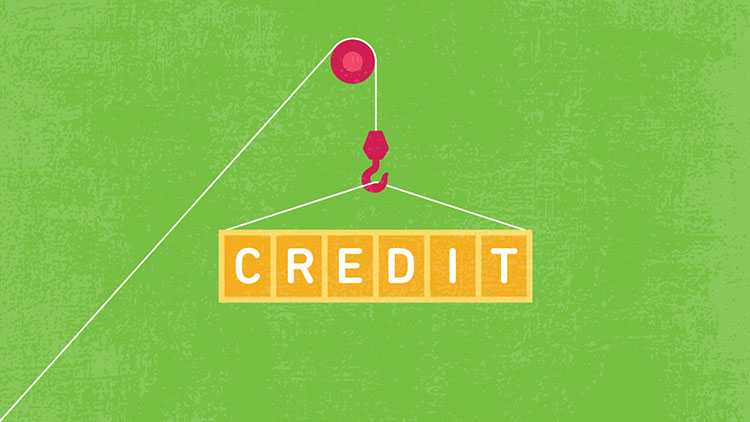Understanding what credit is and how your credit can be improved is a crucial step toward reaching your financial goals. Your creditworthiness is a measure of factors that may affect your ability to repay money given on credit. Ratings and scores commonly consider how you’ve repaid previous loans, any outstanding debt, and other financial history.
Building Credit



Creditworthiness tends to be dynamic and may change over time according to how much debt you take on, how you manage your bills or as time passes. Do not trust “fast fixes” to improve your credit score.
To build credit wisely, learn some of the factors that commonly affect credit and how you can manage them to strengthen your credit:
Learn the best ways to save for your goals in order to gain these valuable assets and potentially boost your credit.
3. Capacity. This refers to your ability to pay off debt. Lenders will often look to see if you have been working regularly so you receive regular income to support your particular credit use. They may look at your salary, check whether you have pre-existing loans or debts, and assess whether you have family members who depend on your earnings.
To ensure you aren’t taking on more than you can pay off, it can be good to follow the 20-10 Rule. This rule of thumb suggests you avoid borrowing more than 20 percent of your annual net income on all your loans (not including mortgage loans), and that payments on those loans do not exceed 10 percent of your monthly net income.
Share